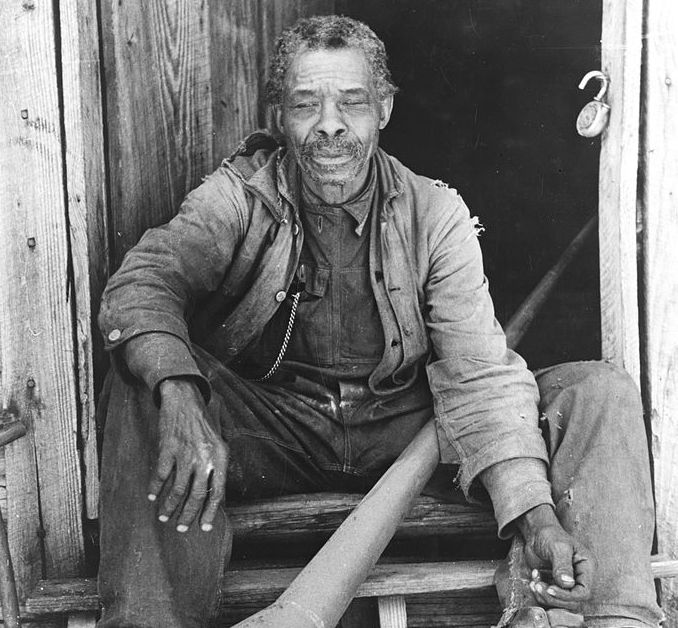Born a slave in Louisiana about 1855, Felix “Zero” Ervin would be forgotten today by everyone except his descendants were it not for historian John N. Cravens. Back in 1972, Cravens wrote a biographical sketch of the formerly enslaved African and his life story deserves recounting.
Ervin came to Texas following the Civil War Battle of Mansfield, Louisiana, in 1864. He and his family migrated and he lived in deep East Texas the rest of his life, working as a farmer.
One time Ervin got into an argument with a young white housewife for whom he had been chopping firewood, Cravens reported. The high-tempered woman picked up a large stick and threatened Ervin, who calmly retreated saying, “You might kill me, but you won’t eat me,” and walked away.
He later returned to cutting up a huge pile of firewood. Then, according to Cravens, “He sat on the chopping block until the housewife called him for his breakfast,” ending the feud.
As he aged, Ervin began to suffer from rheumatism. He was at his daughter Clara’s home when he passed away from pneumonia on August 16, 1936. His mortal remains found rest outside the New Center Prospect Baptist Church in Angelina County, alongside those of his wife. Today their graves may be found there, marked by a single thin piece of plain marble, surrounded by persimmon sprouts and tall grass.
Lindsay Baker is an author and professor of history at Tarlton State University. He joins the Standard as a production of KTRL – Tarleton Public Radio.















